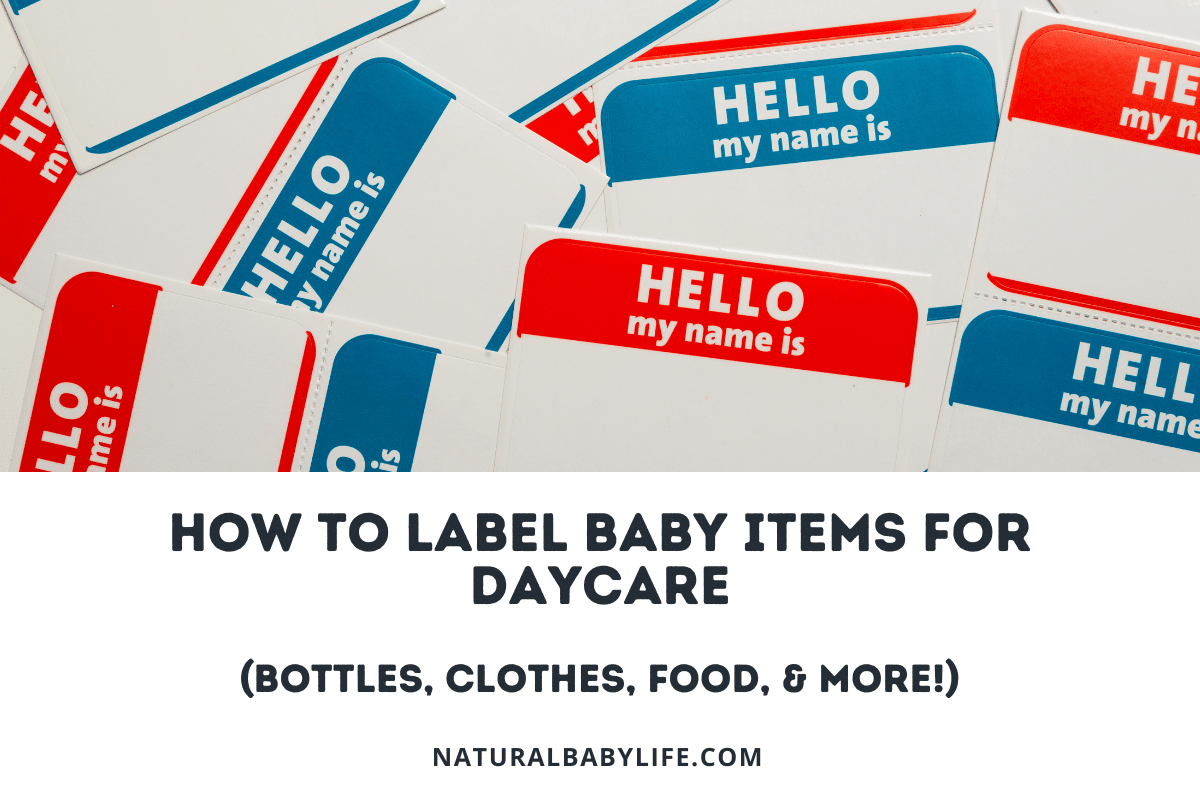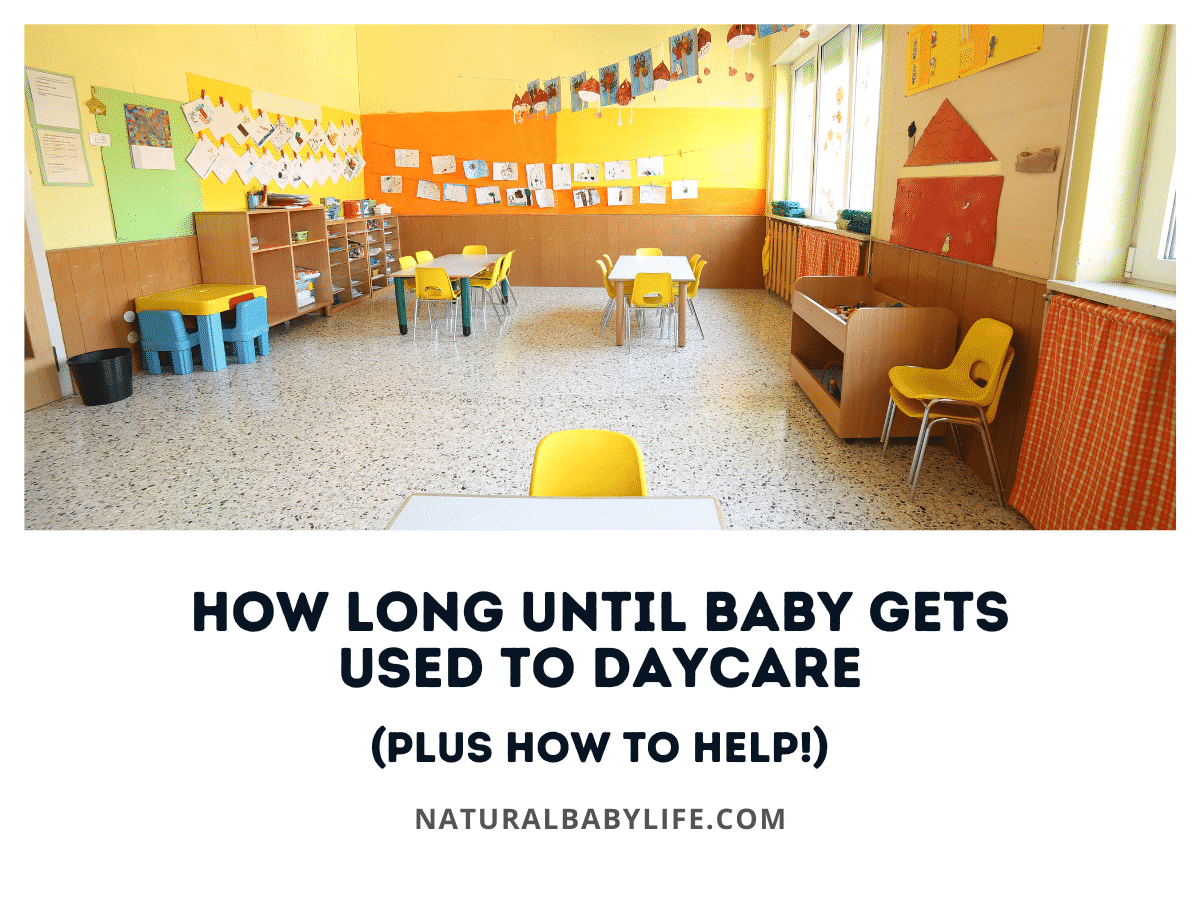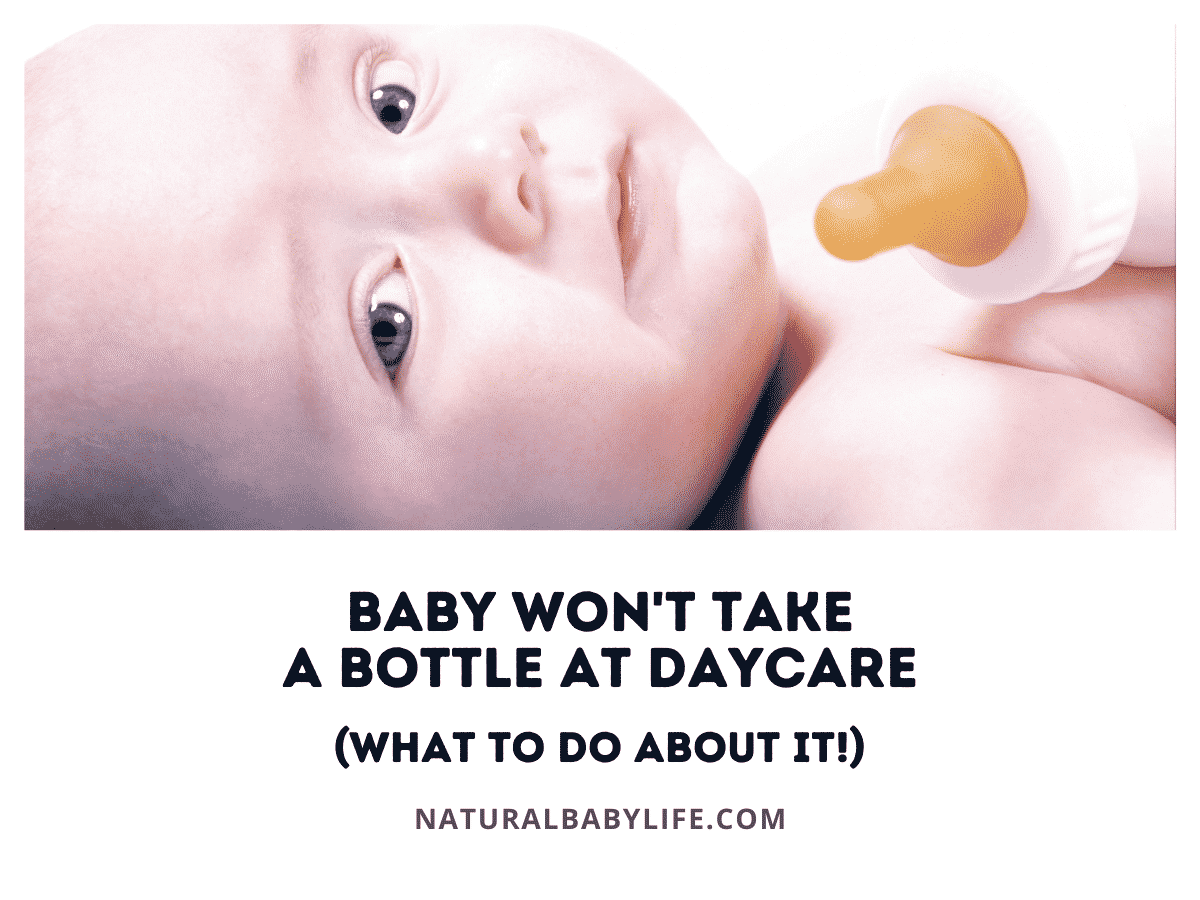There’s nothing that moves the heart of a new mother like hearing her baby cry. You can hear it in the middle of the night when you are fast asleep, you can pick out your child’s cry from any other baby in the room, and you can maybe even identify what each particular cry means.
It can sometimes seem that moms and dads have completely different responses to a crying baby. While mothers tend to react as caregivers, dads are more likely to give the baby the space to stop crying on their own. Gender roles, time spent with baby, hormones, and evolutionary biology all play a part in how each parent reacts to a baby’s cries.
Read on to learn more about why dads are more prone to let the baby cry, when it’s ok to let your baby cry, why your brain reacts differently to a crying baby than his does, and what to do about it.
Table of Contents
Why do dads let babies cry
A common complaint of many new moms is that their husband just lets baby cry.
There are many reasons dads may be more likely to let your baby cry. One reason is that men, in general, react differently to stressful situations than women do. To be clear, we talking about why an active, engaged father doesn’t seem to react the same way to a crying baby as a mother would. A father that lets a baby cry simply because he is lazy or refuses to help with the baby is an entirely different issue.
Due to lower levels of oxytocin, men tend to have a higher fight-or-flight response while women tend to seek connection. Women also tend to be natural caregivers who are biologically inclined to be better at nurturing behaviors.
Falling back on old hunter/gatherer evolutionary biology, dads may be subconsciously more inclined to teach your little one how to soothe themselves and not always rely on parental involvement.
Additionally, your baby’s father is just not subject to the same avalanche of postpartum hormones and physical changes that you are, which can also contribute to this difference in response to your baby crying.
Why do parents react differently to a crying baby
If you feel like your husband just doesn’t seem as bothered by hearing your baby cry, you aren’t just imagining it. Studies have shown that mother’s brains do in fact respond differently than father’s brains.
But it is important to note this does not mean your husband does not care. Biologically, men and women are just wired differently, and this difference becomes even more clear when it comes down to how each parent reacts to a crying baby. That maternal instinct really does make a difference!
Women’s bodies are flooded with hormones like dopamine and oxytocin during the postpartum months. These hormones help the brain to become more responsive to your baby and learn to recognize their different cries and needs over time.
In other words, women’s brains after childbirth are hard-wired to attend to caregiving tasks in a way that men’s brains are not. (This is also why you can snap awake in the middle of the night to the slightest coo while your husband snores away next to you.)
Breastfeeding moms have a heightened physical reaction to hearing their baby cry. In preparation for a nursing session, a mother’s body will begin to release milk upon hearing their baby (or even another baby) cry.
Basically, as the parent whose body has physically created, carried, and nurtured your child – you are going to have a different biological response to your baby’s needs.
What dad hears
When a baby cries, her father hears that she is upset about something, but he isn’t always sure exactly what he can do to fix it. This is even more so the case when the mother is breastfeeding. Unless a bottle of formula or pumped milk is on hand, there’s not much a father can do to help a hungry baby in those situations.
Also, mothers spend on average almost twice as many waking hours with their children, and so are more in tune with their baby’s cues. This difference may be even more pronounced at this stage of life when many mothers are on maternity leave or choosing to stay at home.
Since they don’t spend as much time with the little one, fathers may not yet be able to distinguish the difference between a sleepy cry, a hungry cry, and so on. A father’s brain also interprets their baby’s cry with less urgency than a mother’s brain.
For these reasons, dads are more likely to wait, assess the situation, and see if the child stops crying on their own.
What mom hears
When their baby cries, a mother hears that their child needs something from them and immediately swoops into action.
Call it part biology and part social construct, but women tend to be the main caregivers for their children during these early years of life – and so when the baby cries, the mother sees it as a specific call for her.
Unfortunately, if mom responds every time and never allows dad a chance to act, this can make the problem worse as dad eventually learns to step back and let you respond.
Is it okay to let babies cry
While you don’t necessarily need to rush to your little one’s side to calm every single cry and coo, you don’t want to ignore them flat out either. It can take some time to get into your groove as a new parent and identify which cries signal distress and discomfort that needs to be addressed, and which cries can be perhaps handled a bit differently.
In most cases it is ok to let your baby cry for a moment or two, and their act of crying will not cause them harm in any way. There are obviously some caveats to this response, such as in the case of a medical need or instances of prolonged and repeated crying.
Many parents want to know whether or not it is ok to let babies cry themselves to sleep. The question of whether or not to apply a “cry it out” method for sleep training is a very controversial one with many arguments and studies on both sides.
Regardless of which side you fall in this debate, it is critical to learn about how to interpret your baby’s cries to better understand when she is in distress or simply has an unmet need.
Types of baby cries
Although you often react to your little one’s various different cries without even thinking about it, these distinctions may not be so clear to other family members who are not your baby’s primary caregivers. Maybe you’ve never sat and consciously thought about it, but there are a number of reasons your baby could be crying and different ways to troubleshoot what is wrong.
Remember, as mothers these distinct causes may be clearer to you, but dad may need some time to identify and learn to address each type of crying. Assume good intentions and read through this list together to help show him how to care for your little one throughout different scenarios.
If a baby is crying, it might be for any of these reasons:
- Illness or teething – A child who is running a fever, is extremely fussy, or showing other symptoms could likely be experiencing pain from teething or they could be sick. Teething often begins around 6 months of age, although it can start earlier. One surefire way to tell is if your little one seems to be seeking comfort from chewing on various objects. A cold teething ring can be a great relief in these situations. On the other hand, a fever without any obvious signs of teething could warrant a call to your pediatrician.
- Reflux or colic – There are many different theories on the reasons for a colicky baby, but much evidence points towards digestive discomfort of some kind. Signs of reflux, colic or similar issues include frequent crying that cannot be calmed, arching of the back, a swollen belly, spitting up, or refusing to eat. You may need to seek a doctor’s opinion if you suspect these issues.
- Hunger – Perhaps the most common reason for a crying baby, and the one most parents first rush to fix, is hunger. Watch for signs of baby looking to nurse such as tongue thrusting or attempting to latch to a caregiver’s shirt. It doesn’t hurt to offer a bottle and see if this is what your little one needs.
- Overtired – Young children and babies have a hard time with self-regulation and so could become extremely fussy when tired, overstimulated, or overwhelmed. If your little one is yawning, rubbing their eyes, looking around, and generally fussy – there’s a good chance they’re overdue for a nap.
- Discomfort – This kind of cry could signal many things: too hot, too cold, clothes too tight, gassy, need to burp, wet diaper, etc. A little bit of trial and error can help here.
- Fear or Anxiety – Loud noises, new faces, dark rooms and other stimulating situations could cause your little one to become frightened or alarmed. Some cuddles with mom or dad should put them right at ease again if this is the case.
- Loneliness – Sometimes babies just want mom or dad!
When can you start letting baby cry it out
Sometimes, through no fault of your own, babies just don’t stop crying. This can be extremely taxing on new parents who are already sleep-deprived and dealing with hormonal changes. As long as your child is in a safe place where they are still within a reasonable scope of supervision, it can be ok to tend to your own emotions and let your child cry.
If you’ve weighed your options and have decided that allowing your baby to cry it out might work for your family, it’s important to consider your baby’s age and mental development before taking on such a task. Most parents who choose to use this method do so in order to get more sleep, or because they feel that their child should learn how to self-regulate.
It’s important to keep in mind what is and isn’t developmentally appropriate for your baby.
Most experts agree that sleep training is just too much to expect from a newborn baby, so if you decide on using this method, it is best to wait until your baby is at least 4 months old. Any earlier than that and using this method could do more harm than good.
Letting your baby cry can feel very emotional for parents. Therefore, it is important to sit down with your partner and agree on a sleep training plan ahead of time. Discuss when intervention should be taken – will you check on your little one every 5 minutes? Will you stop the sleep training session if your little one is crying so hard that they begin coughing?
Mom and dad may have very different ideas of when and how long your baby should be allowed to cry. Try to find a compromise and then meet in the middle for the best chances of success.
That being said, there is a difference between attempting to sleep train with the CIO method and a parent who needs to step away from a colicky baby (of any age) for a moment for their own mental health.
Can baby cry too much
There absolutely is a point where prolonged crying can become harmful to your little one’s physical and emotional health. But this raises a whole host of new questions for most new parents – how long is too long? How can you tell the difference between a “normal” cry and when your baby is in absolute distress?
To help parents navigate this type of conundrum, a variety of CIO methods have been developed such as the Ferber Method which coaches parents to check on their baby every so often after certain intervals of crying.
If your little one is crying so hard that they begin coughing, choking, or throwing up – that is a good indicator of it being “too much.” And if this is happening regularly, you may want to consider a new method of sleep training.
Prolonged periods of intense crying can lead to a whole host of negative impacts, increasing cortisol levels in the brain and potentially even impact parent-child bonding.
What to do when your baby cries
Sometimes having a basic checklist of things to try can help.
Here are some of the most common problems that caregivers can check for if they are unsure of what to do next:
- Wet or soiled diaper
- The temperature of the room
- Whether or not baby is hungry
- If your little one is showing signs of being tired
- New teeth breaking through the gums
- Signs of illness such as a fever
- If baby needs to be burped
If in doubt, refer back to our list on different types of baby cries and begin troubleshooting to find the answer.
If all of these things are accounted for, and your little one is still fussing and crying, it can be OK to let them cry for a short while and learn to self-soothe.
Is letting baby cry child neglect or abuse
When you are sleep training, it can feel pretty downright awful to hear your little one cry for you and have to ignore them. But is this child neglect or abuse? Let’s take a look at what qualifies as actual neglect or abuse.
Signs that could constitute child abuse include:
- Not seeking help for medical or physical problems
- Injuring or shaking a crying child
- Refusing a child’s basic caregiving needs such as diaper changes or food
- Allowing repeated and prolonged intense periods of crying
As long as you aren’t letting your little one cry and scream for hours on end every night until they are literally blue in the face, a few moments of fussing at bedtime will not harm you or your child.










